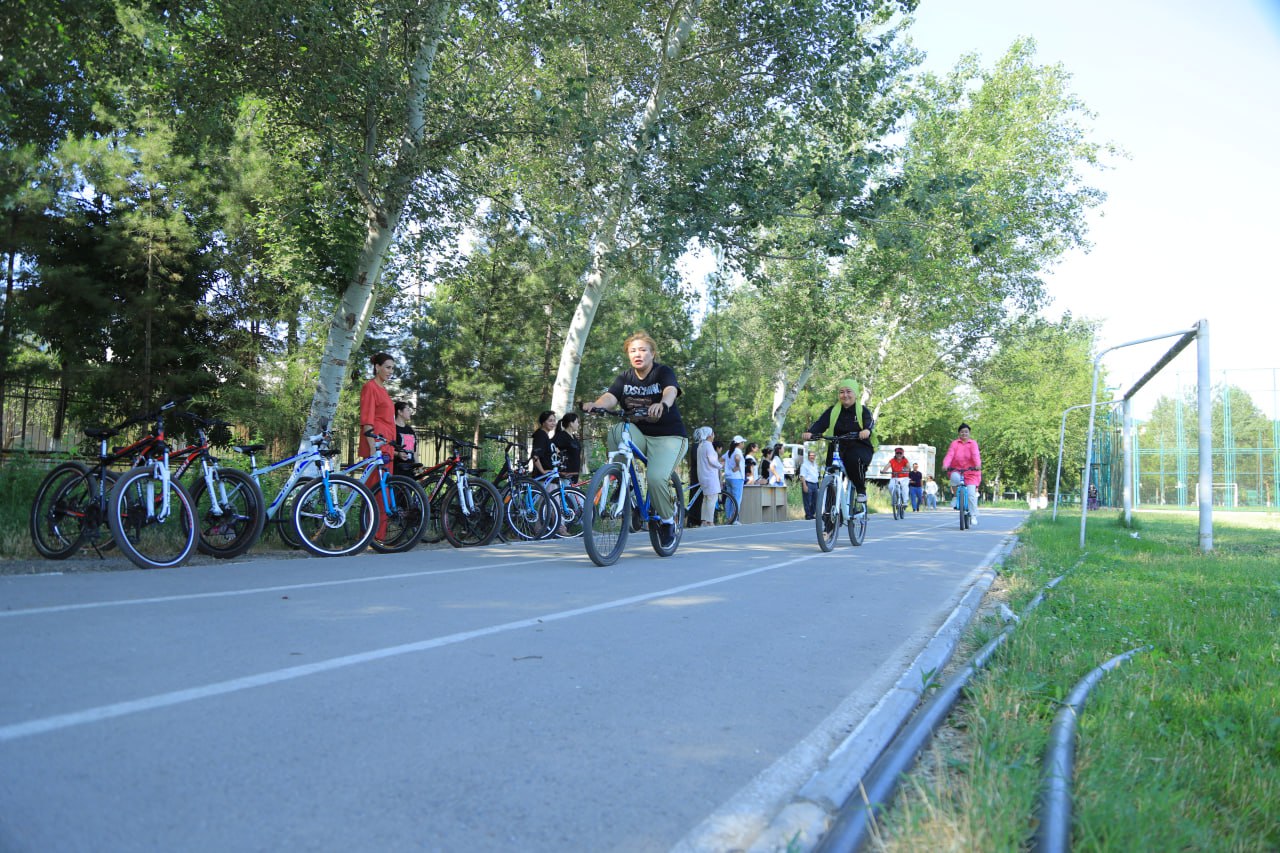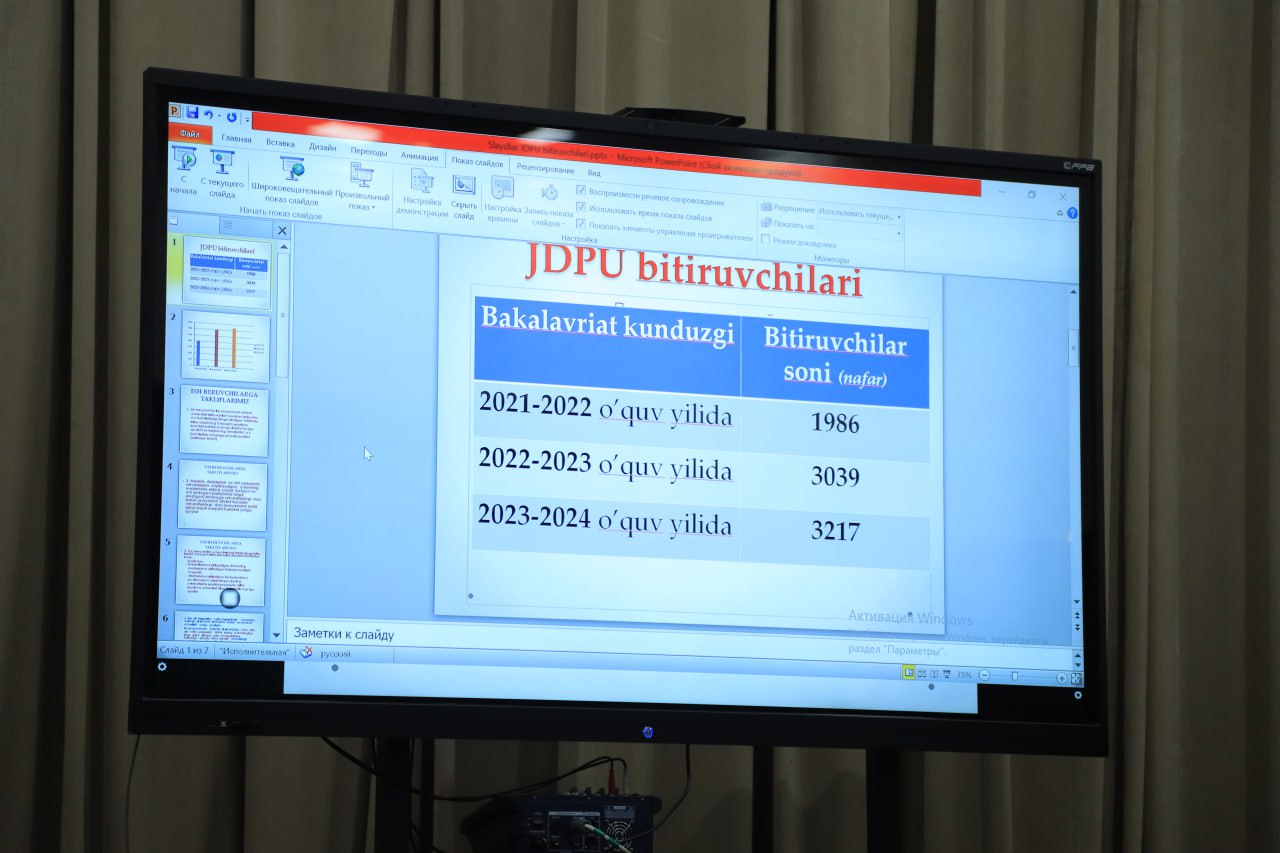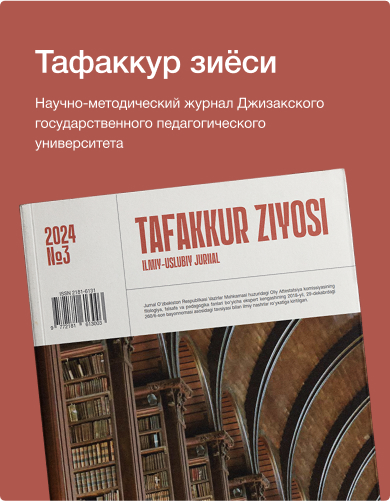Sh.M.Turaeva
Teacher of Foreign faculty
N.Sh.Abdurasulov
Student of Foreign faculty
In today’s digital age, adults learning English as a second language face unique challenges when it comes to memorizing new vocabulary. The widespread use of smartphones and social media has created a constant stream of distractions and competing stimuli that can hinder language learning progress. This article aims to explore the specific problems faced by adult English learners in memorizing vocabulary and provide effective strategies to overcome these challenges.
The Impact of Social Media and Smartphone Addiction
The prevalence of social media and smartphone addiction among adults has become a significant obstacle to language learning. The constant urge to check notifications, scroll through news feeds, and engage in online interactions can divert attention away from vocabulary memorization. Research suggests that excessive smartphone use can negatively affect cognitive abilities, including memory retention Moreover, the addictive nature of social media platforms can lead to a lack of focus and reduced study time.
Cognitive Strategies for Vocabulary Memorization
To overcome the challenges posed by social media and smartphone addiction, adult English learners can employ various cognitive strategies to enhance vocabulary memorization. These strategies include:
Chunking: Breaking down new vocabulary into smaller, manageable chunks can facilitate memorization. Grouping words based on themes, categories, or word families can help learners establish meaningful connections and improve retention.
Mnemonic Devices: Using mnemonic devices, such as acronyms, visualization techniques, or creating memorable associations, can aid in remembering new words. Associating unfamiliar words with familiar concepts or vivid mental images can enhance recall.
Contextual Learning: Learning vocabulary in context can enhance understanding and retention. Engaging with authentic materials, such as news articles, podcasts, or videos, allows learners to encounter words in meaningful contexts, making them more memorable.
Spaced Repetition: Implementing spaced repetition techniques can optimize vocabulary retention. This involves reviewing words at gradually increasing intervals over time, reinforcing learning and preventing forgetting.
Balancing Language Learning and Social Media Use
While social media can be a distraction, it can also be harnessed as a tool for language learning. By striking a balance between language learning activities and social media use, adult English learners can leverage the benefits of both. Here are some strategies to consider:
Language Learning Apps: Utilize language learning apps that incorporate gamification and social features. These apps provide opportunities to practice vocabulary, engage in language challenges, and connect with other learners, creating a supportive learning community.
Follow Language Learning Accounts: Follow social media accounts dedicated to English learning. These accounts often share vocabulary tips, idiomatic expressions, and engaging content that can enhance language skills. Engaging with such content can turn social media browsing into a language learning opportunity.
Create Language Learning Communities: Join online language learning communities or forums where learners can interact, share resources, and practice vocabulary together. These communities provide a supportive environment for language learning and can help combat the isolation that excessive social media use may cause.
Establishing Effective Study Habits
Developing effective study habits is crucial for adult English learners to overcome the challenges of memorizing vocabulary. Here are some tips to establish productive study routines:
Set Clear Goals: Define specific vocabulary learning goals and break them down into manageable tasks. Setting realistic targets and tracking progress can provide a sense of achievement and motivation.
Create a Distraction-Free Environment: Minimize distractions by designating a quiet study space and turning off notifications on smartphones or other devices. Creating a conducive environment for focused learning can improve concentration and retention.
Practice Active Learning: Engage in active learning techniques, such as flashcards, quizzes, or interactive exercises, to reinforce vocabulary acquisition. Actively using new words in speaking or writing exercises can enhance retention and application.
While the allure of social media and smartphones can pose challenges for adult English learners in memorizing new vocabulary, it is possible to overcome these obstacles. By implementing cognitive strategies, striking a balance between social media use and language learning, and establishing effective study habits, adult learners can enhance their vocabulary retention and progress in their English language journey. It is essential to recognize the potential of social media as a language learning tool and harness its benefits while managing its potential distractions. With dedication, discipline, and the right strategies, adult English learners can successfully navigate the digital landscape and achieve their language learning goals.
References:
- Meenakshi Sharma Yadav. Role of Social Media in English Language Learning to the Adult Learners.2021
- Laura Sigsworth. Overcoming the challenges teaching low-level adult learners. 2016.
- Waheeb Shadid Albiladi. The Use of Social Media in English Teaching and Learning: Exploring the Perceptions and Experiences of English as Foreign Language Instructors.
- Turaeva Sh.M. Pedagogical Problems of Distance and Traditional Education.2022
- Turaeva Sh.M. Current issues of introduction of innovative and information and communication technologies in the education system.2020
- Turaeva Sh.M. O`zbek va ingliz tillaridagi frazeologik birliklarning Antropopragmatik tadqiqi. 2023
- Turaeva Sh.M. Pedagogical problems of distance and traditional education.2022
- Turaeva Sh.M. Phraseological units with a component-somatism.2023
- Turaeva Sh.M. “Аnаlysis оf sоme рrаgmаtiс аsрeсts оf рhrаseоlоgiсаl units”.2022
- Turaeva Sh.M. Linguistic aspect of educational phraseography.2023





